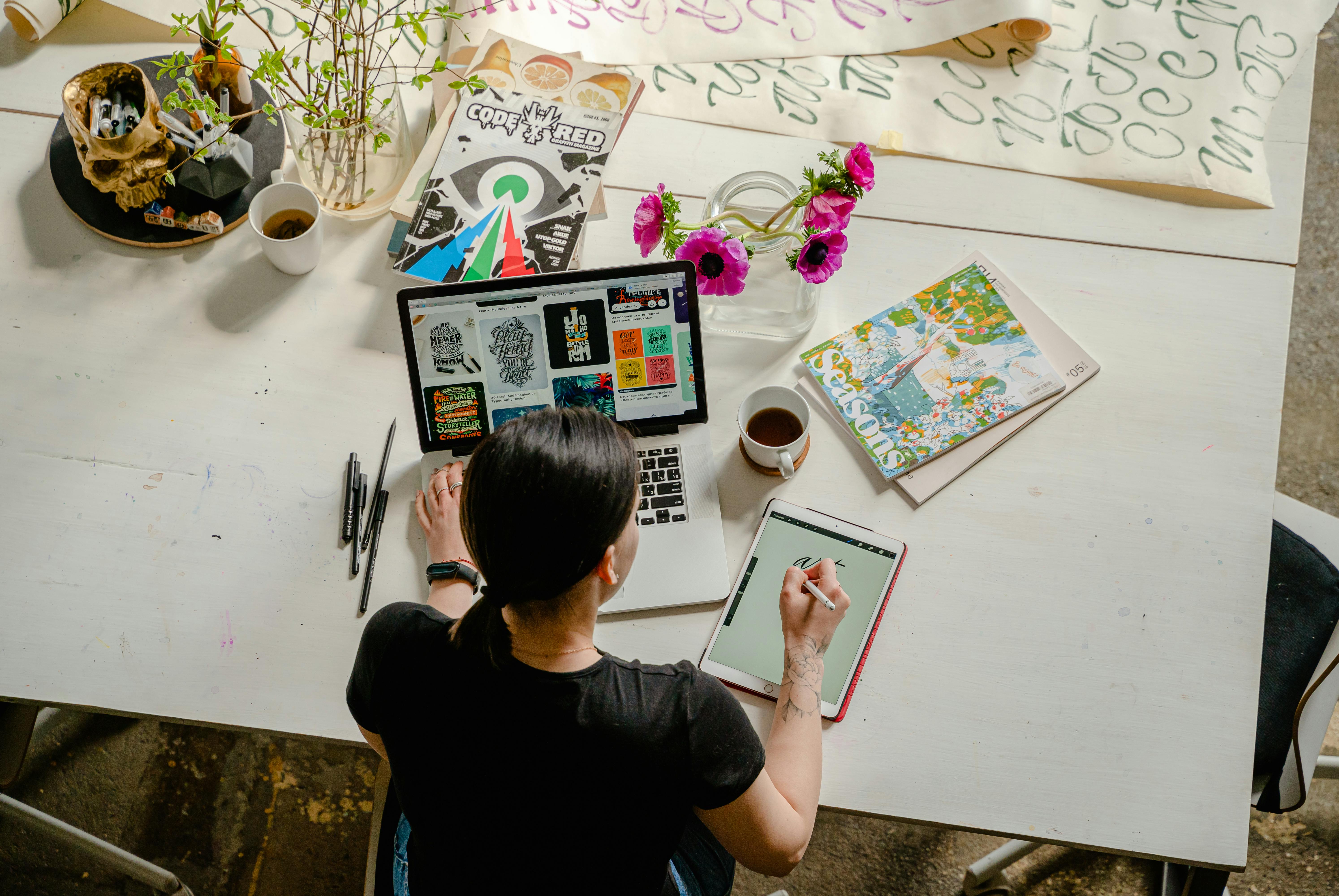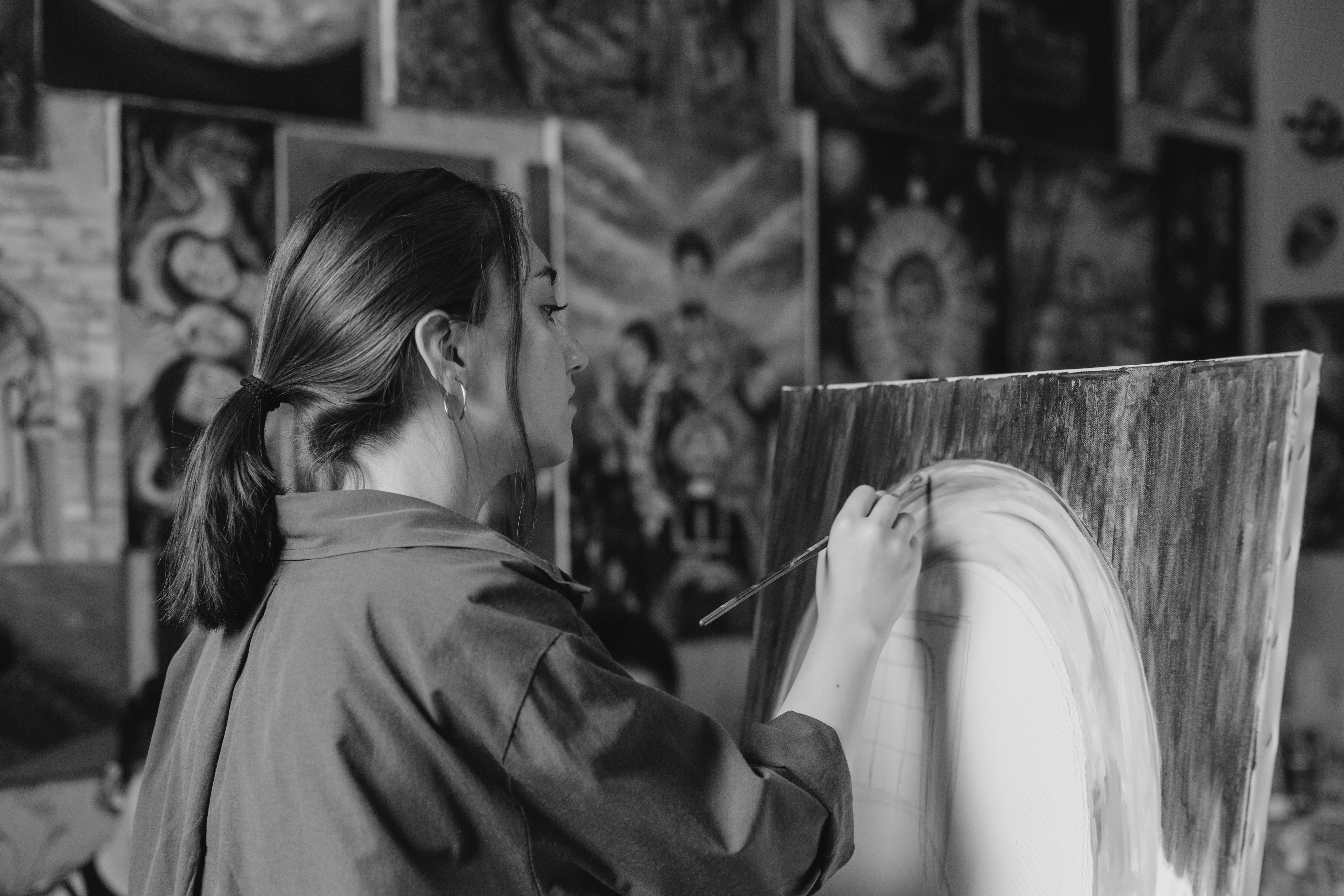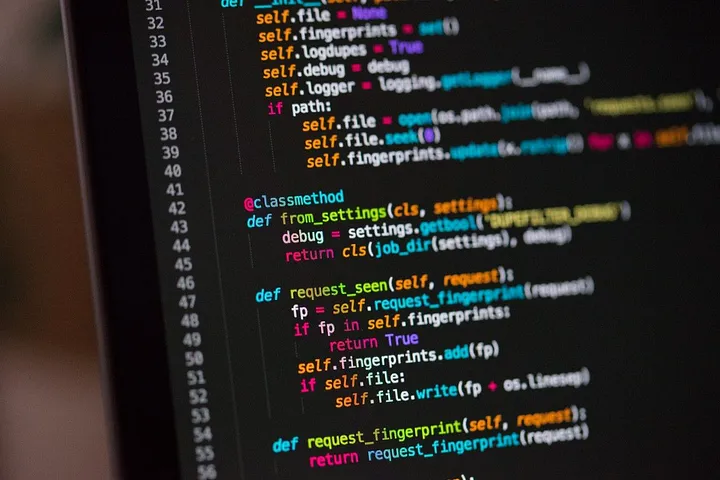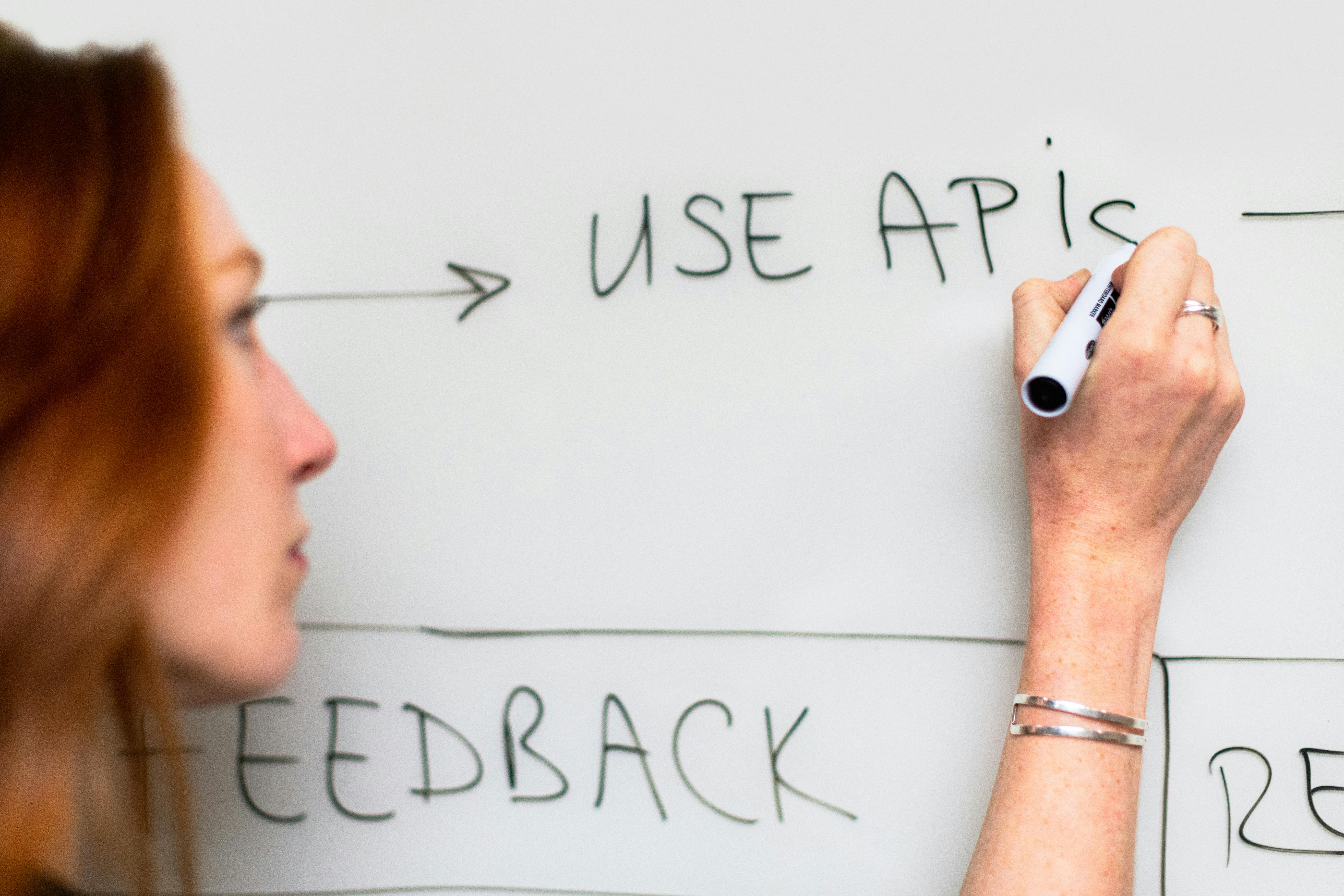
Mauro Serralvo
founder BrinPage
Will AI Ever Truly Replace Human Imagination?
In a time when artificial intelligence is reshaping industries and daily life, a burning question arises: can AI truly replace human creativity? This is not just a theoretical debate—it affects how we design, write, innovate, and imagine the future. As someone passionate about technology, I want to explore this fascinating topic and share why, despite AI’s impressive advancements, I believe human imagination will always retain its irreplaceable essence.
1. Understanding AI's Capabilities
Artificial intelligence, especially through machine learning and deep learning models, has reached remarkable milestones. AI can generate music, write poetry, design products, and even create artwork that rivals human creations. Tools like DALL·E, Midjourney, and ChatGPT are everyday examples of machines demonstrating "creative" abilities. However, it’s crucial to understand that AI operates based on patterns, data, and probabilities. It does not "feel" inspiration nor does it experience emotions or context the way humans do.

2. The Uniqueness of Human Creativity
Human creativity is not just about generating new ideas; it’s about connecting disparate concepts, experiencing emotions, and reflecting on culture, history, and philosophy. When Picasso painted or when Shakespeare wrote, they embedded layers of experience, emotions, and a deep understanding of the human condition—elements that AI simply cannot replicate. True creativity involves intuition, existential reflection, and often breaking away from existing patterns—something AI, by design, is not equipped to do.
3. Collaboration, Not Replacement
Instead of seeing AI as a competitor, many experts and artists now view it as a powerful collaborator. Personally, I believe the most exciting future lies in human-AI collaboration. Writers using AI for brainstorming ideas, musicians creating new sounds with AI-generated melodies, and designers enhancing their creative workflows through generative tools are just a few examples. AI can augment human creativity by offering new possibilities, but it still requires human vision to guide the narrative, emotion, and intent.

4. The Ethical Dimension
One key aspect that is often overlooked in this discussion is the ethical dimension. Creativity is intertwined with responsibility. A novel, a movie, or a piece of art can influence societies, shape cultures, and challenge moral norms. AI lacks consciousness and ethical understanding. Therefore, while it can generate content, it cannot evaluate its societal or emotional impact like a human creator can. In my view, this reinforces the idea that human judgment and emotional intelligence remain critical in creative fields.
5. Future Outlook: Symbiosis, Not Supremacy
Looking ahead, I envision a future where AI and human creativity coexist symbiotically. AI will continue to push the boundaries of what is possible, offering new tools and expanding creative landscapes. However, the spark of true imagination, the daring to think beyond what is, and the ability to dream of what could be—those remain uniquely human traits. Rather than fearing replacement, we should focus on mastering these tools and using them to elevate our creative capacities to new heights.

